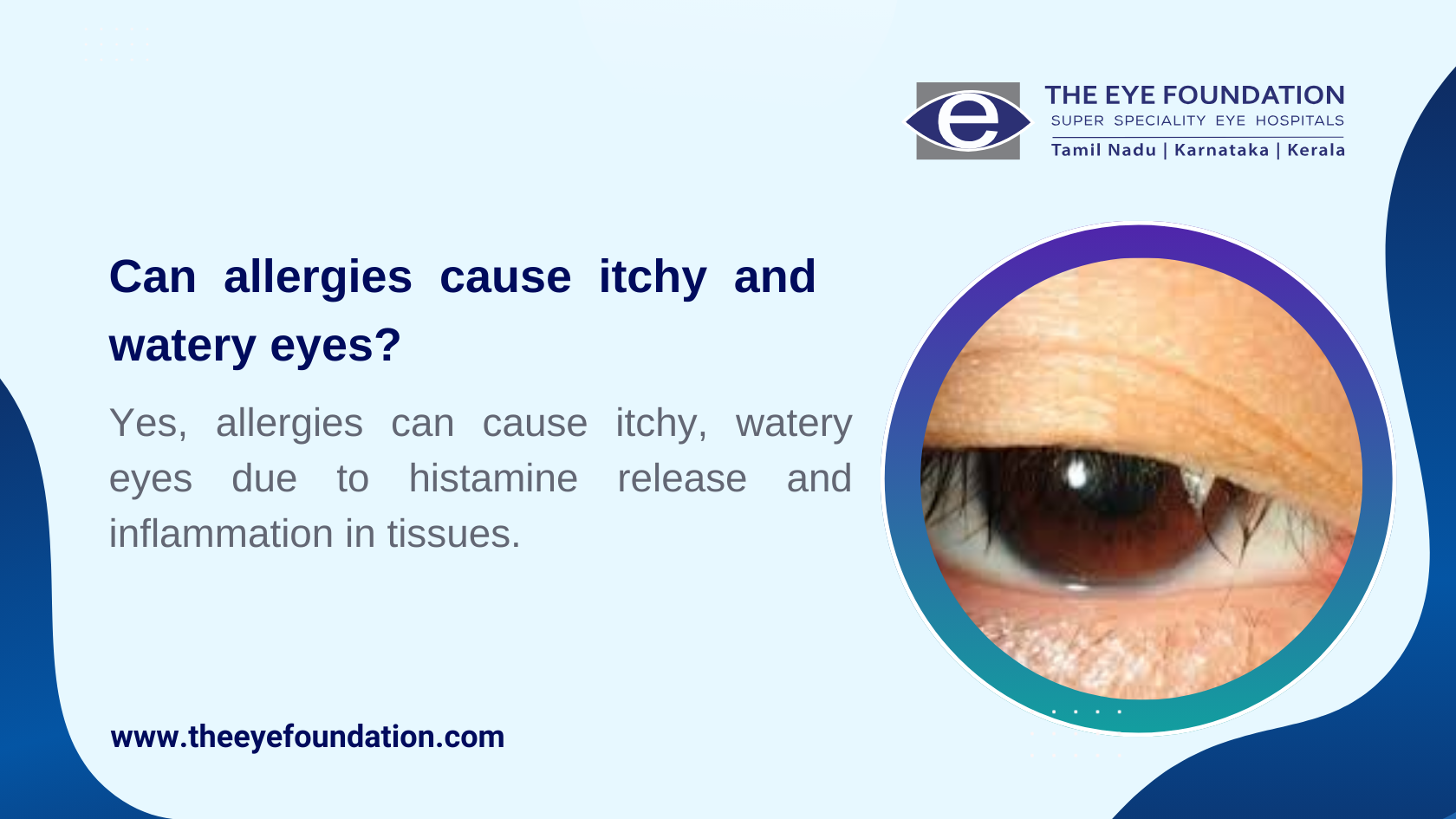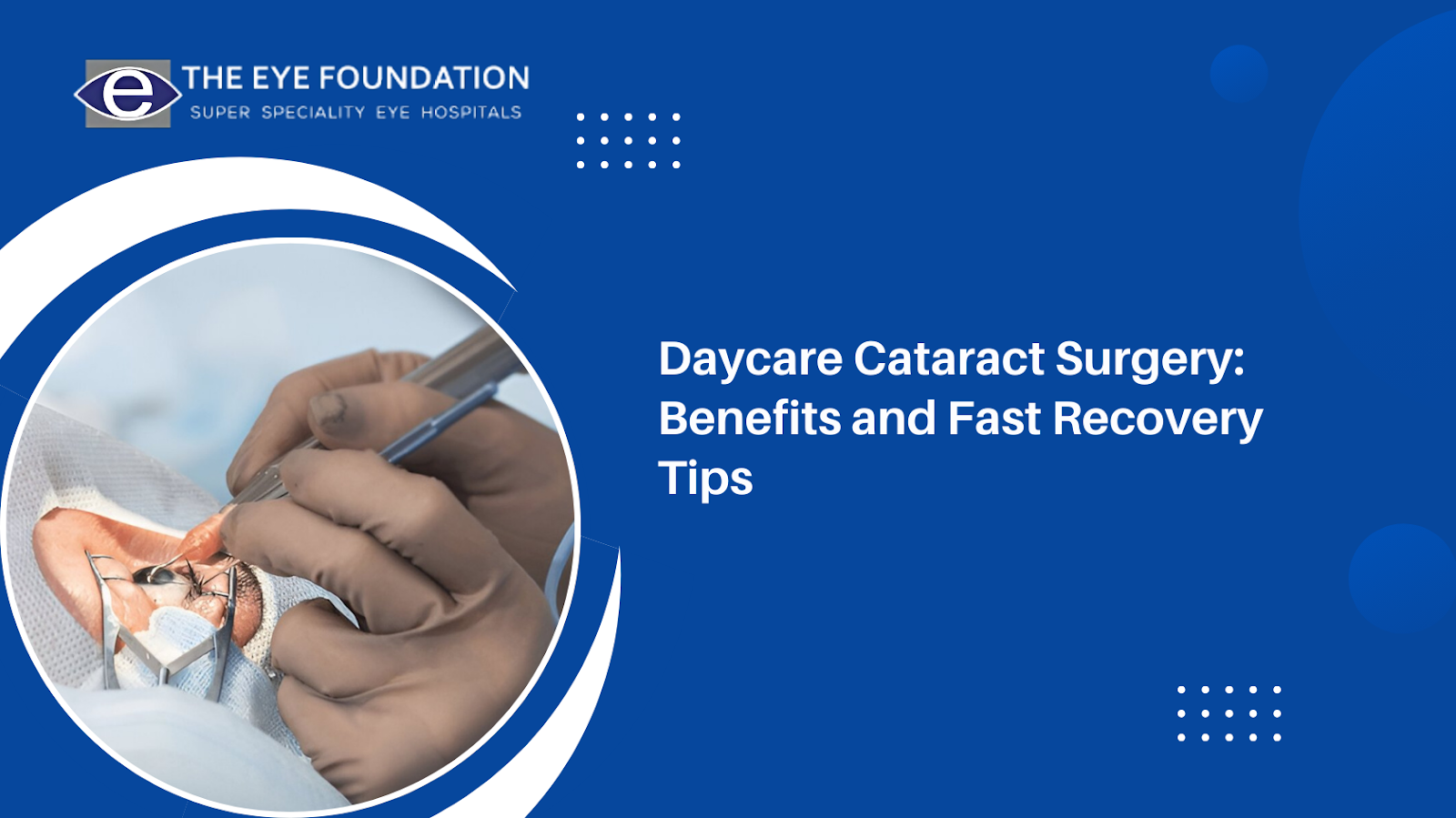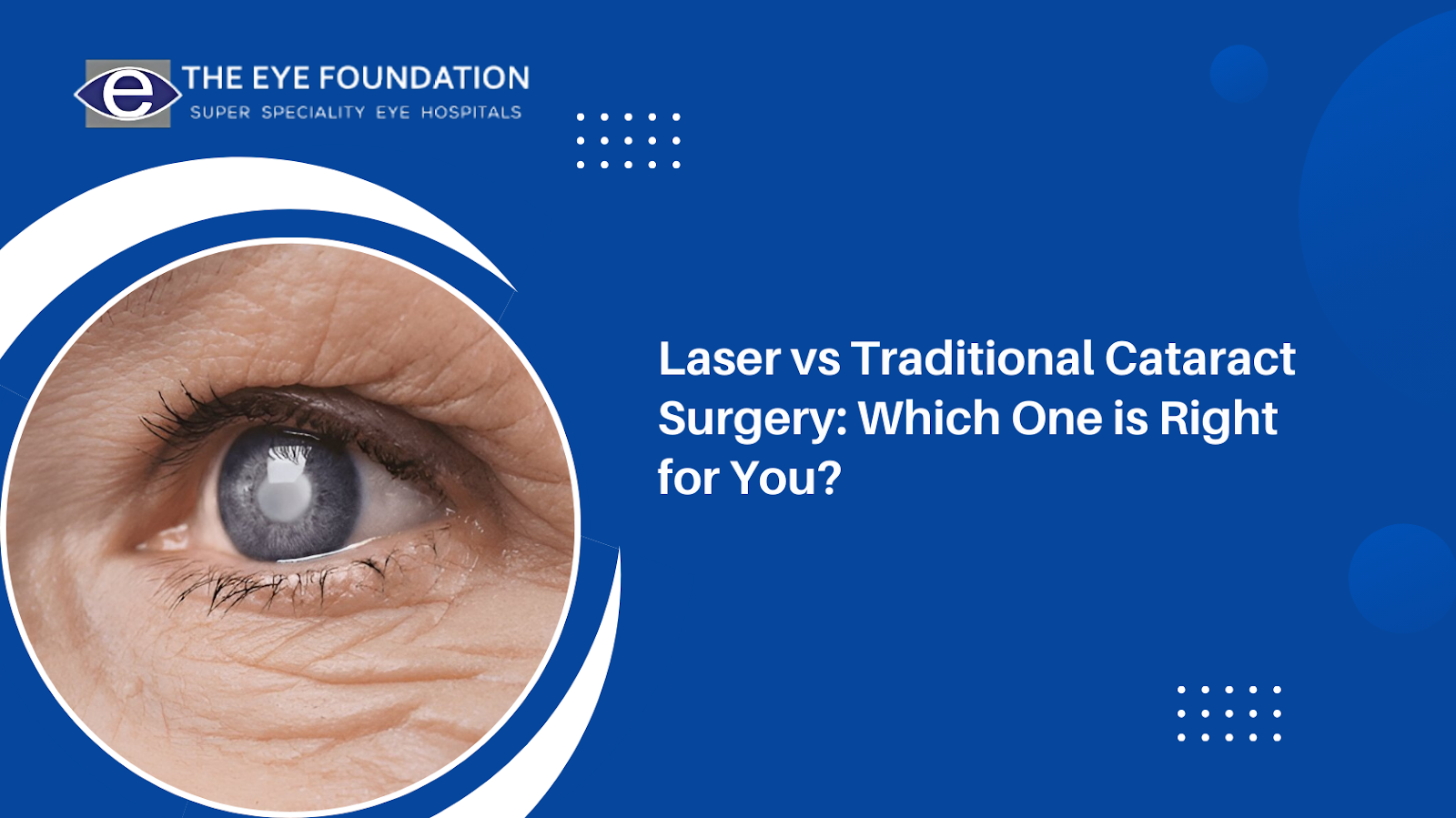Seasonal allergic conjunctivitis is a frequent condition that affects a large population in the global community. These allergies are usually precipitated by environmental factors such as pollen, dust or pet dander and can lead to a number of uncomfortable symptoms such as itchy and watering eyes. If you have ever wondered if you could be having allergy problems then the answer to some of these symptoms is yes. It is true that eye allergies can cause itchiness and watering of the eyes which may greatly affect your normal activities.
What Are Eye Allergies?
Allergic conjunctivitis or eye allergies are conditions that develop when the eyes respond to substances called allergens. These allergens may be outdoor allergens like pollen during spring, or indoor allergens like pet hair or dust mites within the house. When your eyes meet these allergens, your body’s immune system is triggered to release histamines which cause a number of uncomfortable symptoms. This reaction is similar to the body’s reaction to an allergen that may affect the nose or the skin but the eyes are most affected in this case.
Eye allergies can affect people of any age, but those with a hereditary history of allergies or those who have other allergic diseases, including asthma and eczema, are at higher risk of eye allergies. These reactions can be seasonal, most often called “hay fever,” or they can be constant, based on the type of allergens that you come across.
Common Symptoms of Eye Allergies
The signs of eye allergies are quite diverse, and many of them are capable of seriously interfering with one’s daily routine. The most common symptoms include:
- Itchy Eyes: The most observable signs are for instance the constant desire to rub one’s eyes. Regrettably, scratching the eyes only makes the problem even worse.
- Watery Eyes: Another mechanism used by your body to try and eliminate these allergens is excessive tearing, which results in watering eyes.
- Redness: Allergic reactions lead to inflammation hence the red and bloodshot look of the eyes.
- Swollen Eyelids: Inflammation caused by allergies also cause some people to develop puffiness around the eyes.
- Burning Sensation: Some people may develop a kind of sensation such as burning or stinging in the eyes.
These symptoms are usually unilateral or bilateral and in the worst case, it may cause temporary loss of vision.
Causes of Eye Allergies
There are many causes of eye allergies. Some of the most common include:
- Pollen: Another type of seasonal eye allergy is caused by pollen, which is produced by trees, grass, and weeds, and which may make your eyes itch and water.
- Dust Mites: They are very small in size and are usually found in bedding, carpets and furniture and can cause allergic reactions all through the year.
- Mold: They also cause eye allergies especially when they are in a damp area of the house and are airborne.
- Pet Dander: The skin flakes, urine and saliva of pets such as cats and dogs contain proteins that trigger allergic reactions.
- Smoke and Pollution: Other external factors such as cigarette smoke or air pollution can trigger eye allergy or even make it worse.
How to Manage Eye Allergies
Eye allergies can be annoying but the good news is that there are things you can do to minimize your exposure to eye allergies. Here are a few strategies to consider:
- Avoid Allergens: The best way to help an allergic reaction not occur is to stay away from the allergen. This could be avoiding going out during certain times of the year when pollen is prevalent or using an air purifier in your house or avoiding having pets in the bedroom.
- Use Eye Drops: Drugstore or prescription eye drops with antihistamines or mast cell stabilizers will help eliminate itching, redness, and watering in the eyes.
- Cold Compress: Besides, it is recommended to put a cold compress to the eyes for 10-15 minutes as it will help to decrease inflammation and itchiness.
- Wear Sunglasses: Sunglasses can also serve as a shield when outside to prevent as many pollen and other allergens from coming into contact with your eyes.
- Consult an Eye Specialist: But if over the counter medicines do not work, then one should seek the help of an eye doctor who will prescribe stronger medicines like steroids eye drops or suggest other ways of treating the allergy such as shots.
When to Seek Medical Help
While most eye allergies are treatable with home remedies or over the counter medication there are few situations where you should seek medical attention. In case your symptoms are severe, frequent, or they get worse even with treatment, you need to see an eye doctor. If left untreated, chronic eye allergies can cause infections, corneal abrasions or dry eye syndromes, therefore early treatment is important.
Our highly trained staff at The Eye Foundation will be glad to assist you in managing your eye allergies. We ensure that our patients receive holistic treatment for all types of allergic eye conditions to help manage the symptoms and protect the eyes. Book your appointment today!






